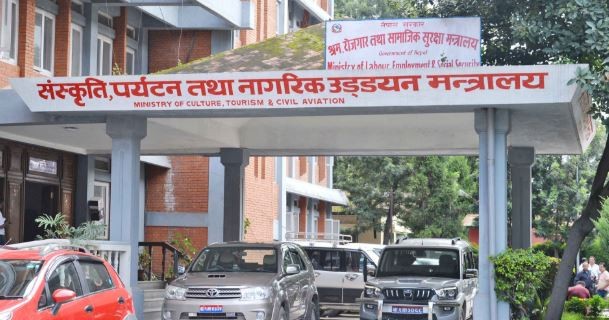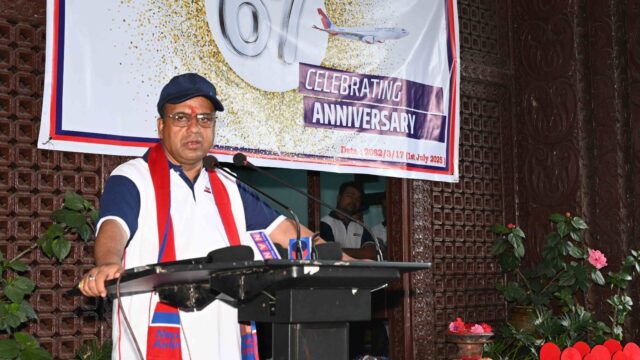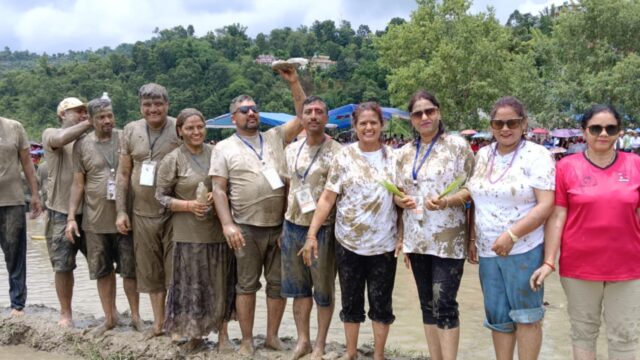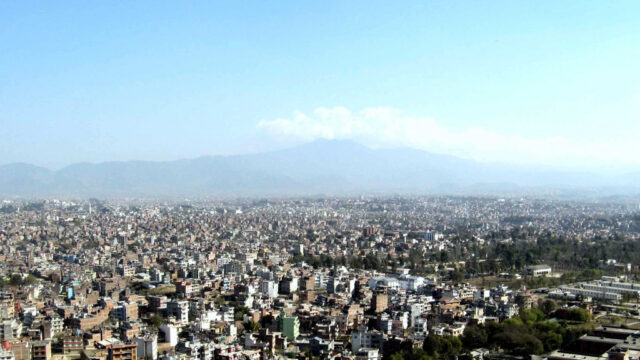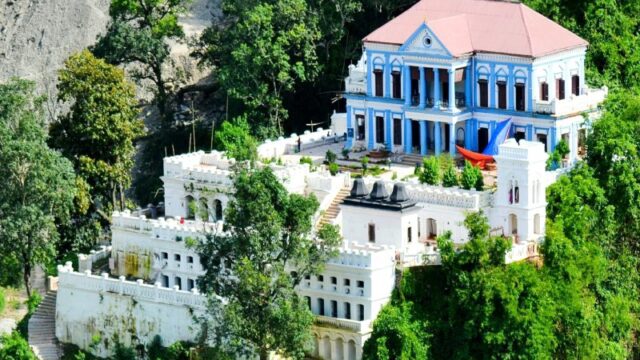In a significant cultural exchange initiative, thirteen prominent Nepali literary works have been selected for translation into Chinese and subsequent distribution in China. This initiative follows a bilateral agreement between the Government of Nepal’s Ministry of Culture, Tourism and Civil Aviation and the National Administration of Press and Publication of the People’s Republic of China. The agreement, signed during Prime Minister Pushpa Kamal Dahal’s official visit to China in 2080 B.S., focuses on the mutual translation and publication of classical literary works from both countries.
Literary Works Selected for Translation
Dr. Dhan Prasad Subedi, Member Secretary of the Nepal Academy, informed that this selection is a result of the memorandum of understanding (MoU) to promote literary diplomacy and enhance cultural ties between Nepal and China. The 13 Nepali literary works were chosen by a joint committee established to oversee the translation and publication process.
The selected Nepali literary masterpieces span across genres, themes, and eras. They include Laxmi Nibandha Sangraha by Nepal’s literary icon Laxmi Prasad Devkota; Chapaaieka Anuhar by Daulat Bikram Bista; Himal, Sherpa ra Yeti by Bhishma Upreti; Nepalko Sankshipta Britanta by Baburam Acharya; Maile Dekheko Nepal by Dr. Harka Gurung; and Alikhit by Dhruva Chandra Gautam. Additionally, works such as Yasto Hos Jivan Shaili by Dr. Raju Adhikari; Chuli by Sarubhakta; Jeevan Bata Jeevan Sikaun by Sulochana Manandhar; Kalakar Araniko by Satya Mohan Joshi; Jane Hoina Dai Aalaapot? by Manjul; Hamro Samaj: Ek Adhyayan by Janaklal Sharma; and Sabai Jatko Phoolbari by Dor Bahadur Bista have also been selected.
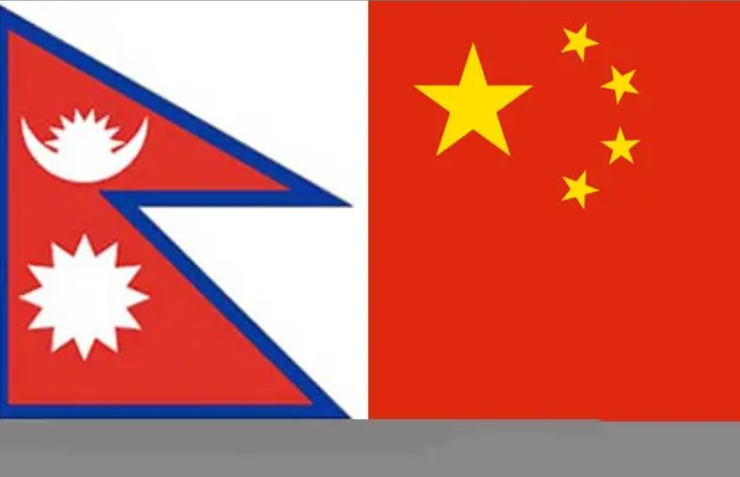
These literary treasures encapsulate a wide spectrum of Nepali history, social structure, philosophy, and cultural ethos. Their translation into Chinese is expected to provide Chinese readers with deep insights into Nepal’s diverse literary heritage, social narratives, and philosophical traditions. In a reciprocal effort, thirteen Chinese works have also been selected for translation into Nepali. These include influential titles such as Reading Guide for Xi Jinping Thought on Socialism with Chinese Characteristics for a New Era, Seventy Years of New China, The Origins of Chinese Civilization, and The Annotated Critical Laozi.
Other selected Chinese works include Selected Stories of Jia Dasan, Why and How the CPC Works in China, White Deer Plain, Red Sorghum, Translation and Annotation of the Book of Chuang Tzu, The Straw House, The Magic Gourd, Eastern and Western Cultures and Philosophies, and A Brief History of Ancient Chinese Architecture. These works cover themes ranging from political ideology, ancient philosophy, civilization, and culture to modern Chinese society and fiction.
To ensure the success and academic integrity of this monumental translation project, a Nepal-China Joint Expert Committee has been formed. The committee is chaired by Bhupal Rai, Chancellor of the Nepal Academy. The committee includes several experts such as Dr. Dhan Prasad Subedi, who will oversee the publication process; Dr. Krishnaraj Adhikari, responsible for academic coordination; Hansawati Kurmi, tasked with coordinating the translation efforts; and Dr. Sarvottam Shrestha, a translator and Chinese language scholar, who will also contribute as an expert on Chinese linguistics.

Moreover, a dedicated secretariat has been formed to manage the translation logistics. The translation secretariat is led by Dr. Sushil Prajapati, an expert in the Chinese language. Sabina Maharjan, a professional Chinese translator, and Rabindra Timilsena, an official of the Nepal Academy, are also integral members of this team.
This collaborative translation endeavor marks a milestone in Nepal-China literary and cultural relations. It is not merely an academic or literary undertaking but a strategic cultural diplomacy initiative that will strengthen the ties between the two nations. With these translations, both Nepali and Chinese readers will have the opportunity to explore each other’s literary riches and deepen mutual understanding.
The translation and publication process is expected to begin shortly under the supervision of the joint expert committee and secretariat. Once completed, the translated works will be made available for public distribution and academic use in both countries, opening a new chapter in cross-cultural literary exchange. This initiative is not only a testament to the timeless relevance of classical literature but also a forward-looking project fostering intercultural dialogue and intellectual cooperation between Nepal and China.
